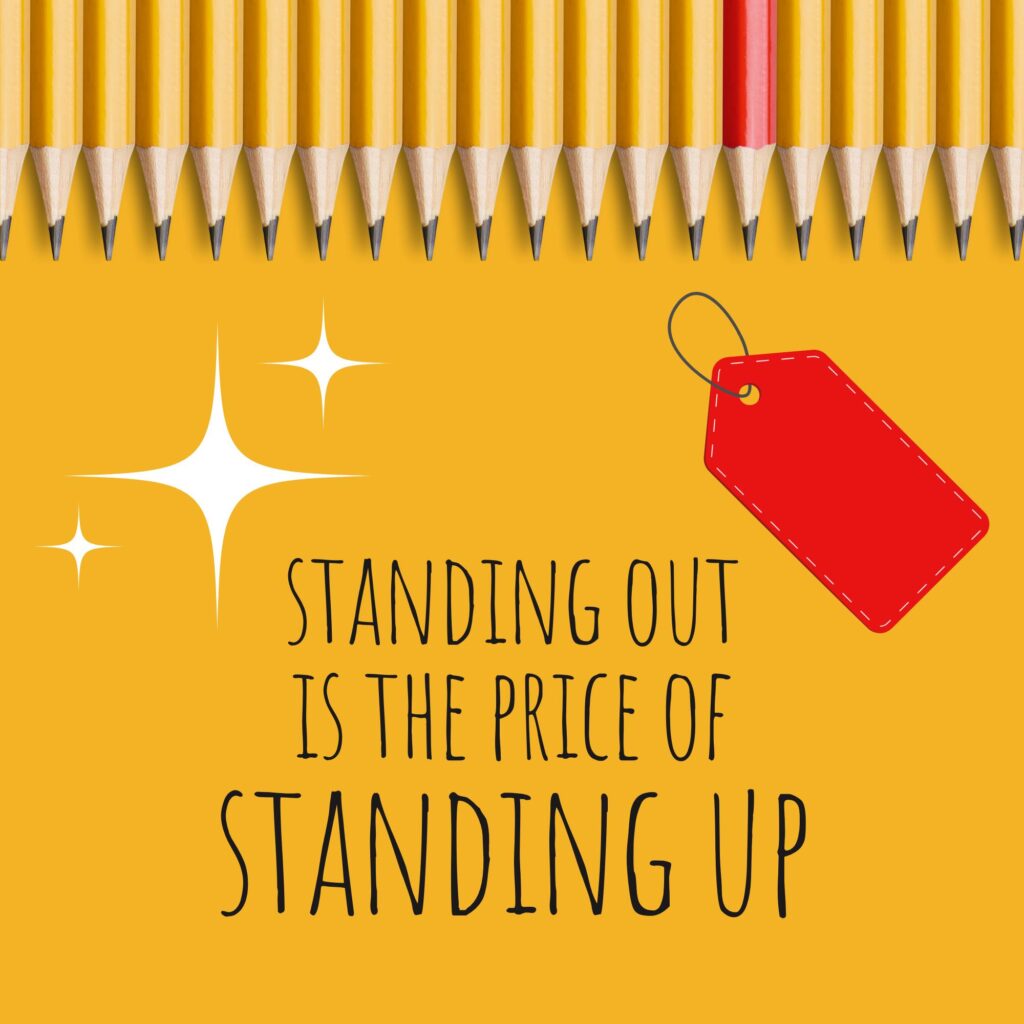The Silent Struggle of Moderates: Why Good Intentions Aren’t Enough

In a world swirling with chaos and clashing ideologies, you might expect moderate voices—the thoughtful, well-meaning middle—to be the steady force guiding us forward. After all, moderation and reason often sound like the ideal foundations for progress and harmony. Yet, paradoxically, it’s precisely these average, moderate people who frequently become part of the problem, not the solution. Why is that?
The Paradox of Moderation
At first glance, it might seem strange to question the value of moderation or intellectual goodwill. But the reality is more complex: good intentions alone don’t guarantee the strength needed to stand firm in today’s turbulent times. Many moderate individuals, though genuinely caring, struggle to defend their principles against louder, more aggressive forces that dominate political and social arenas. This isn’t a flaw or an unexpected failure—it’s a human condition worth understanding.
Look around the world. Powerful figures, often displaying narcissistic or sociopathic tendencies, wield enormous influence—not just in authoritarian regimes, but also in so-called liberal democracies. Take China, for example: a socialist dictatorship that rapidly constructs grand projects and asserts itself globally, while Europe, rooted in Enlightenment values and freedom, struggles to find the same momentum. Or consider the political shifts in the United States, where once-resistant institutions and media seemingly bow to unsurprising authority. Why does this happen? Why do good people often seem so ill-equipped to protect their own values?
Why Average Minds Struggle Against Extraordinary Forces
The answer lies in the nature of the “average” person. By definition, an average individual is neither a standout hero nor a villain—they blend into the crowd, seeking peace and stability over confrontation. Fighting for ideals requires standing out, facing criticism, and very often enduring personal sacrifice. For many, that price is simply too high. It’s uncomfortable to challenge the status quo, especially when that status quo is enforced by powerful bullies.
This isn’t a condemnation of moderate people, but an observation of a problem: average people tend to follow rather than lead. They seek comfort in consensus and shy away from the risks of independent thought and action. Social media reflects this dynamic perfectly—followers abound, while true leaders are rare, also among influencers (who really aren’t the best of humanity). Most people avoid wrestling with big questions like morality or societal ideals because they prefer the tangible joys and mundane routines that make life manageable.
This collective tendency explains much about our world today. The majority cannot be relied upon to grasp complex truths or to defend higher principles when under pressure. History abounds with unequivocal examples. Surprisingly, the accumulation of information doesn’t automatically lead to greater wisdom; for the majority of people it fragments understanding and deepens division.
Seeds of Change: How the Quiet Majority Can Shape the Future
Here’s the good news: Our current reality is a product of human choices and limitations—but it could be different. This is not an unchangeable fate. Imagine if more people embraced intellectual honesty, sought deeper understanding, and courageously stood for their values. Public discourse would transform from a chaotic game of chance into a beacon of collective wisdom.
So, am I critical or dismissive of average, moderate people? Absolutely not. In fact, they are the fertile ground from which a brighter future can grow. Recognizing the human condition as it is—not through contempt or cynicism but with clear-eyed honesty—is the first step toward empowering those who now remain silent. The seed is there; it just needs nurturing.



